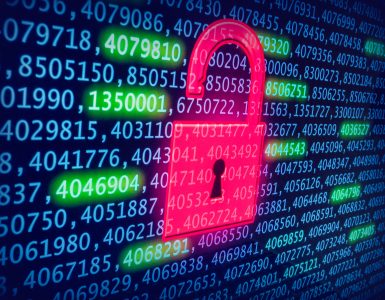The Supreme Court has spoken out its opinion in on the issue of automated phone calls generated by computerized telemarketing systems stating that it is forbidden to bother users with silent calls.
The Italian Supreme Court (ruling no. 2196/2016) dismissed an appeal by the ICT company Reitek Spa and Enel Energia against a decision expressed by the Italian Data Protection Authority. In 2013 the Authority required Enel Energia, in accordance with art. 143, par. 1, let. b) and art. 154, par. 1, let. c) of the Italian Personal Data Protection Code, to take all necessary measures including those of a technical nature to prevent the system from making recurrent “silent calls” by prohibiting repeat calls to the same number within at least a 30 day period.
The judgment had been given following protests from a number of users, who complained about receiving phone calls in which, once they answered the phone, there was no operator on the other end to reply. This phenomenon is the result of an organizational problem for companies which make commercial calls. In order to connect users to telemarketing operators, the majority of these companies employ automated call forwarding systems. However, automated systems sometimes direct a number of calls to call centers which exceed the actual availability of operators. As a consequence the user’s phone rings, but no one on the other end replies.
The Supreme Court upheld the Court of Rome’s decision which had dismissed the first appeal by the two companies on the grounds that the way in which personal data were processed through telemarketing systems was unlawful. As it aimed at optimizing the rate of successful calls, the method behind these systems placed the risk and discomfort caused by receiving “silent” calls squarely on the user alone.
The Supreme Court specified that it had been expressed on more than one occasion that, according to art. 4 and art. 11 of the Italian Data Protection Code, personal data are to be processed in a fair and relevant fashion and their use must not exceed that for which they have been collected.
The plaintiffs had complained that only very few users had been affected by the problem, however, their motivations were found to be irrelevant. In fact, in the Court’s opinion, stating – as Enel Energia had done – that the phenomenon of silent calls had been limited by the basis of system algorithms to a 3% threshold, was extraneous. “The objection does not change the terms of the issue, nor are they altered by Reitek’s remark regarding the minimal number of user complaints about “silent” calls received by the Authority as the infringement was connected to the chosen method of multiple calls, which makes it clear that the risk of discomfort was borne exclusively by the recipients of such calls”.
Ultimately, in the Supreme Court’s opinion, this is the only relevant point in considering the method used for processing personal data to be excessive in relation to the interests or rights and fundamental liberties of the persons involved.
The Court also dismissed the plaintiffs’ motivation, according to which, on the basis of art. 130, par. 3-bis, consent for the processing of personal data is not required if users are registered on lists of telephone subscribers and have not exercised their right to object by registering on the Public Objection Register (the so-called opt-out system). In regards to this, the Court highlighted that art. 130, par. 3-bis, must be interpreted in accordance with e-privacy directive 2002/58/CE which allows the use of the opt-out system for calls with an active operator, but never for automated calls. In practice, the European directive is addressed to direct marketing, conducted through the use of a telephone with an operator, whereas automated call systems that generate “silent calls”, are excluded precisely because they lack an operator.
_______
Read the Nymity interview with Giusella Finocchiaro examining the recent Italian Supreme Court decision on silent telemarketing calls.
The related article of Nymity magazine is HERE. By clicking HERE you can download the pdf document.













Add comment